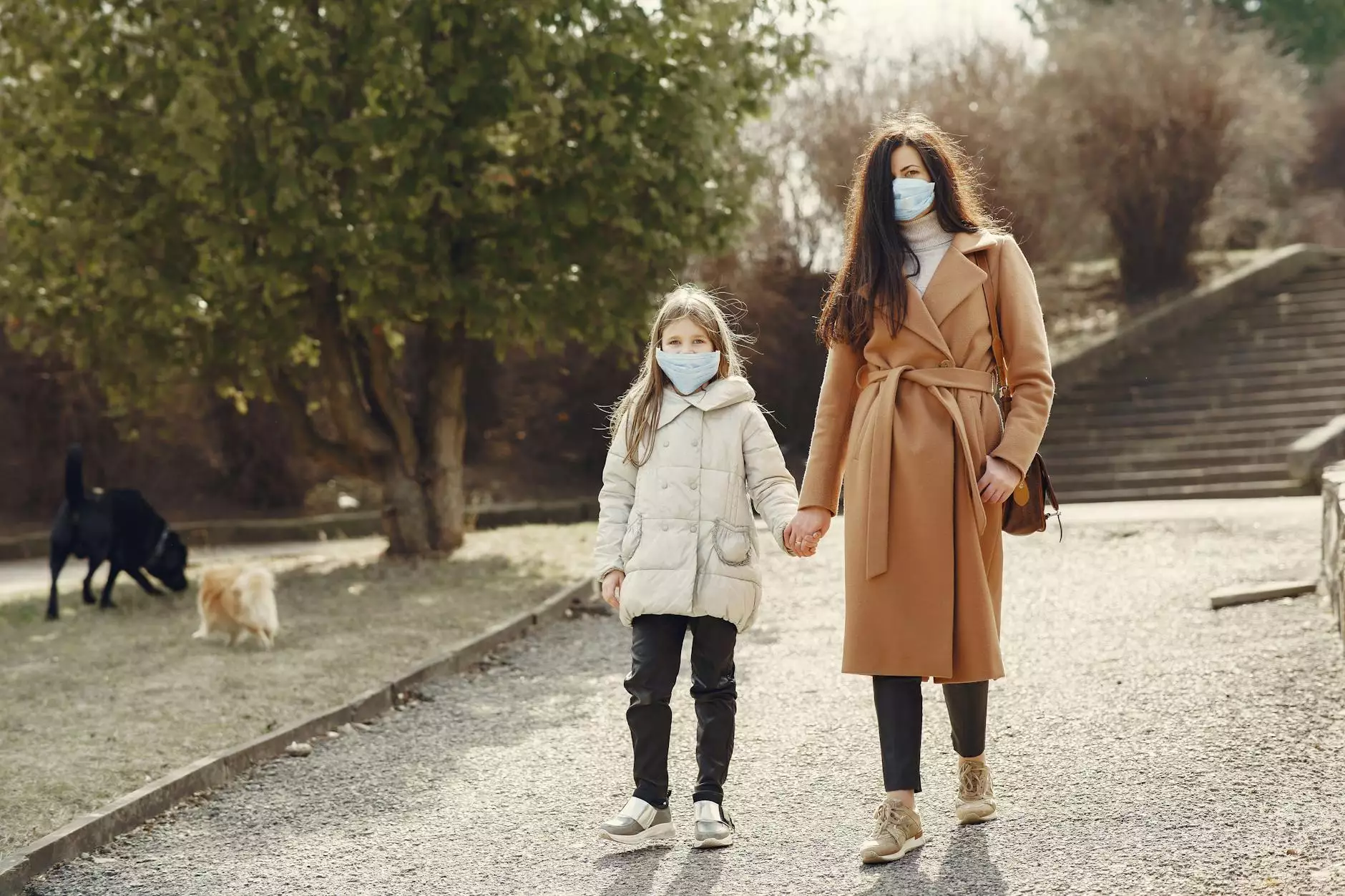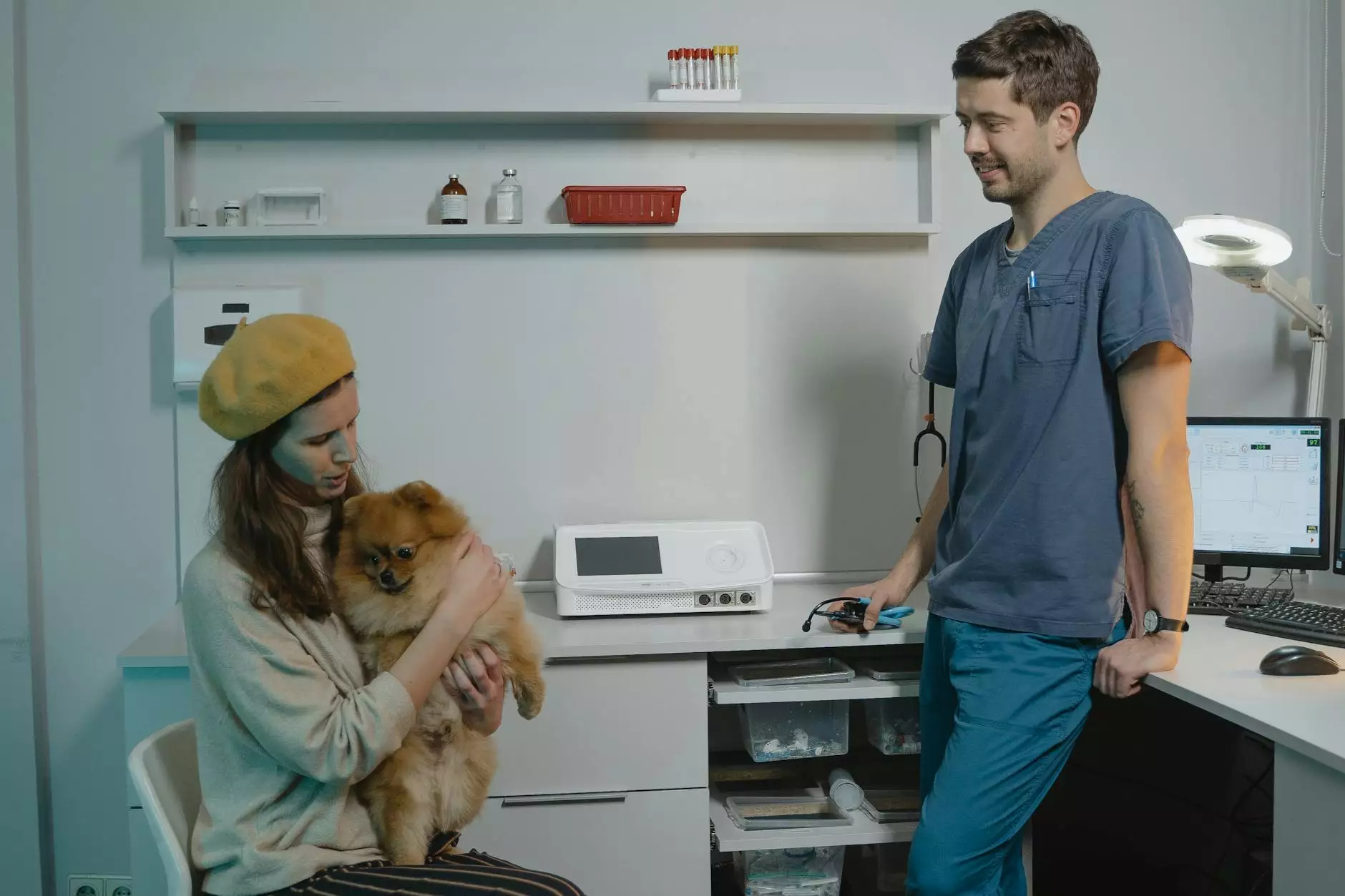What is Caregiver Burnout?: 7 Signs and Symptoms of Caregiver Burnout
Blog
Welcome to Naab Road Surgical Center, your trusted source of information in the health industry. In this article, we will be discussing the important topic of caregiver burnout and its 7 signs and symptoms. Caregiving is a noble and selfless act, but it can also take a toll on your physical, mental, and emotional well-being. Understanding the signs and symptoms of caregiver burnout is crucial in order to prioritize your well-being and continue providing effective care for your loved ones. Let's dive into the details.
1. Overwhelming Fatigue
Caregivers often experience extreme exhaustion and fatigue due to the demands of their role. The physical and emotional stress of caregiving can leave you feeling constantly tired, making it difficult to carry out daily tasks and responsibilities. It is important to recognize and address this fatigue, as it can negatively impact your own health and ability to provide care.
2. Emotional and Mental Exhaustion
Caregiving can be emotionally draining, leading to a state of constant emotional and mental exhaustion. The overwhelming responsibilities, coupled with the emotional strain of seeing your loved one suffer, can leave you feeling emotionally depleted. It is crucial to acknowledge these feelings and seek support from friends, family, or professional therapists to cope with the emotional weight of caregiving.
3. Sleep Disturbances
Caregivers often struggle with getting enough sleep, as they may be constantly on-call or worry about the well-being of their loved ones. Sleep disturbances such as insomnia, difficulty falling asleep, or prolonged periods of sleep deprivation are common among caregivers. Adequate sleep is essential for overall well-being, and implementing strategies to improve your sleep quality is vital to reduce caregiver burnout.
4. Increased Physical Health Problems
The physical demands of caregiving, coupled with the stress and neglect of one's own well-being, can lead to a variety of health issues. Caregivers are at a higher risk of developing conditions such as high blood pressure, chronic pain, weakened immune system, and digestive problems. Prioritizing your own health through proper nutrition, exercise, and regular check-ups is crucial to prevent caregiver burnout and maintain your well-being.
5. Social Withdrawal
Due to the demands of caregiving, caregivers may find themselves withdrawing from social activities and relationships. The isolation and reduced social interaction can further contribute to feelings of loneliness and emotional strain. It is important to maintain a support network, seek respite care, and engage in social activities that provide a break from caregiving responsibilities.
6. Loss of Interest in Previously Enjoyed Activities
Caregivers often find that their caregiving responsibilities consume their time and energy, leaving little room for activities they once enjoyed. Loss of interest in hobbies, decreased motivation, and a diminished sense of fulfillment are common consequences of caregiver burnout. Finding a balance between caregiving and personal interests or engaging in activities that promote self-care is essential to prevent burnout.
7. Chronic Emotional Stress
The constant emotional stress of being a caregiver, often coupled with grief and worry, can take a significant toll on one's mental well-being. Chronic stress can lead to anxiety, depression, and other mental health issues. It is crucial to recognize the signs of emotional stress and seek professional help when necessary. Prioritizing self-care and practicing stress management techniques can significantly alleviate caregiver burnout.
At Naab Road Surgical Center, we understand the challenges faced by caregivers in the health industry. Our aim is to provide comprehensive information and support, empowering caregivers to maintain their well-being while providing quality care to their loved ones.
If you are experiencing caregiver burnout or know someone who is, we encourage you to seek help and support. Remember, taking care of yourself is just as important as taking care of others. Together, we can create a healthier and more sustainable caregiving environment.









